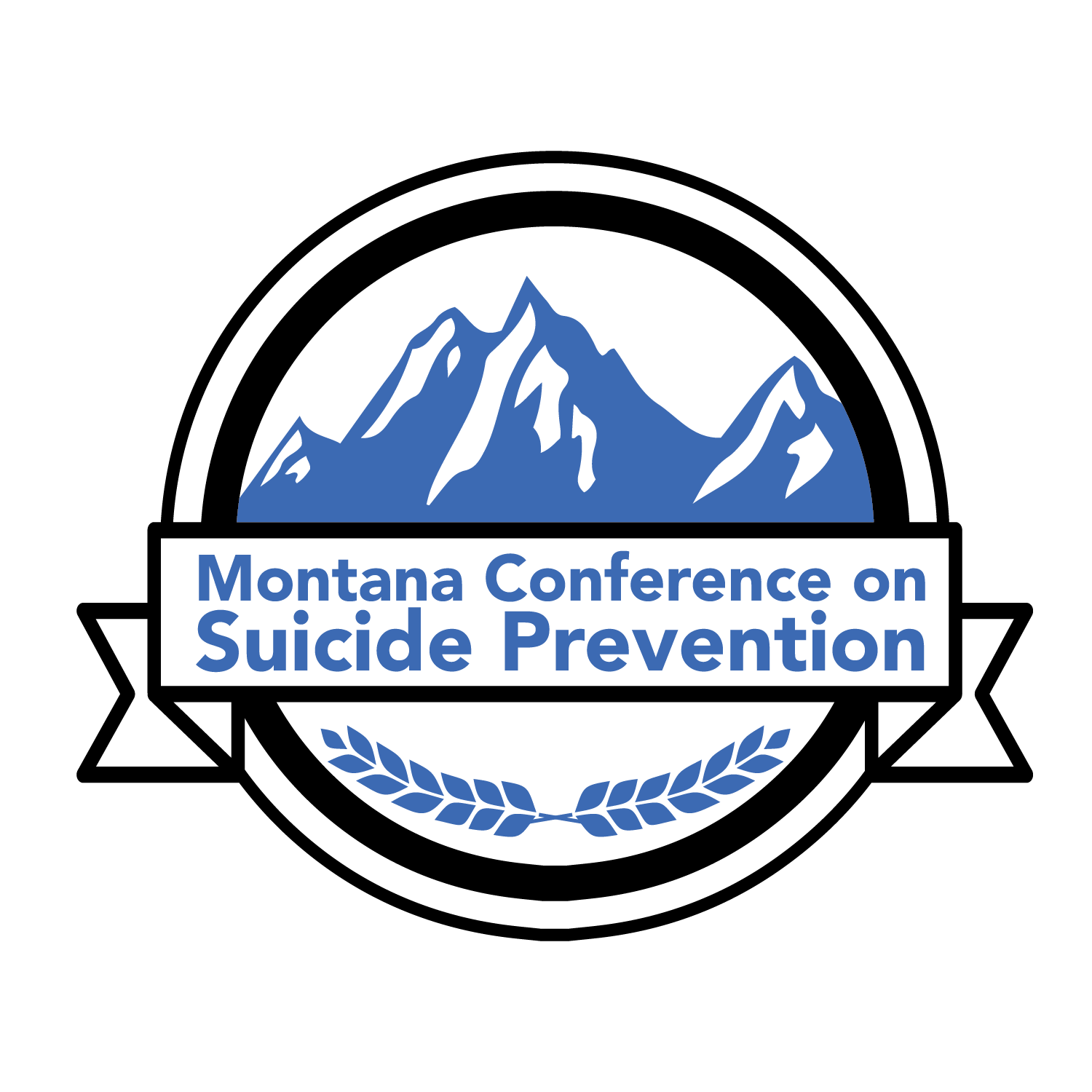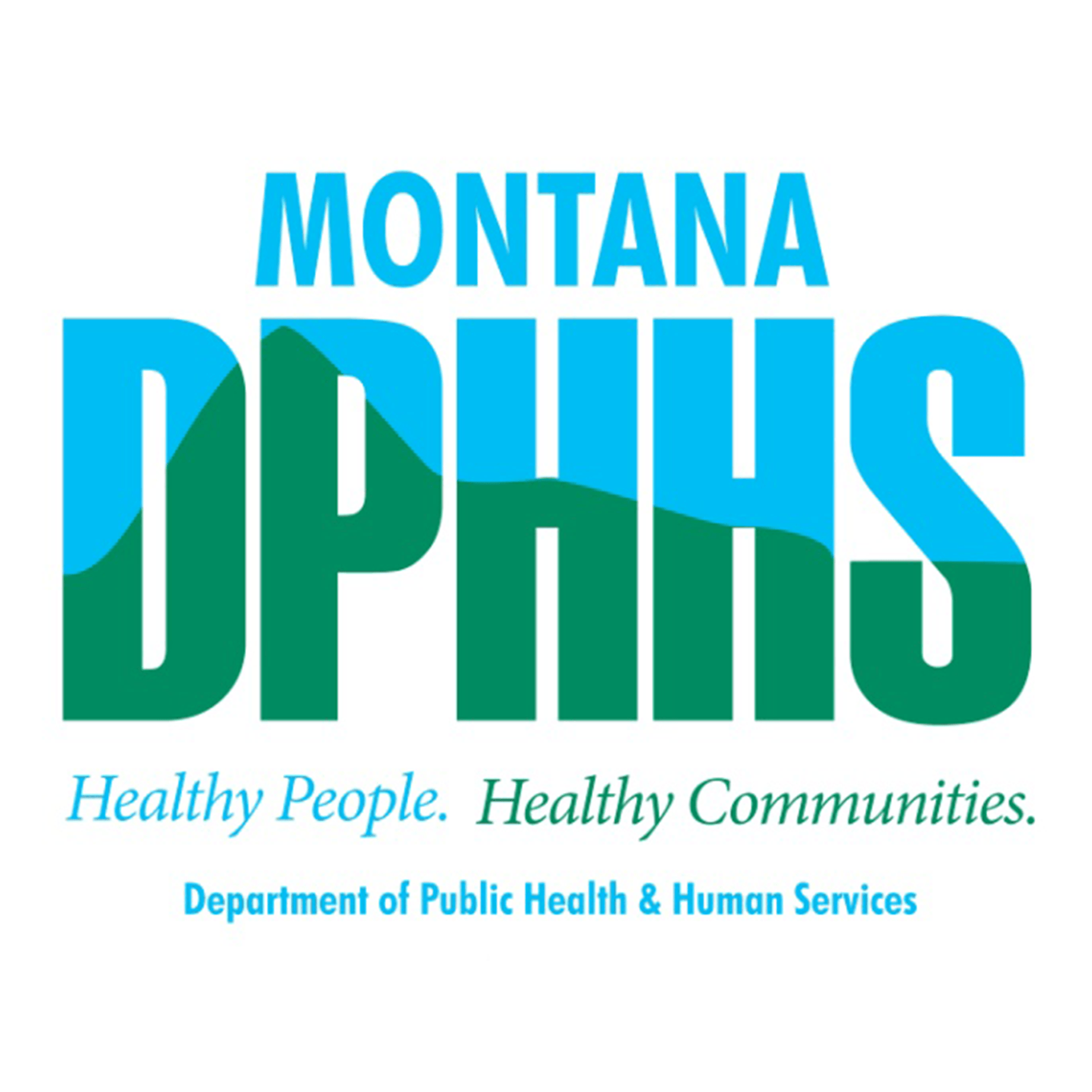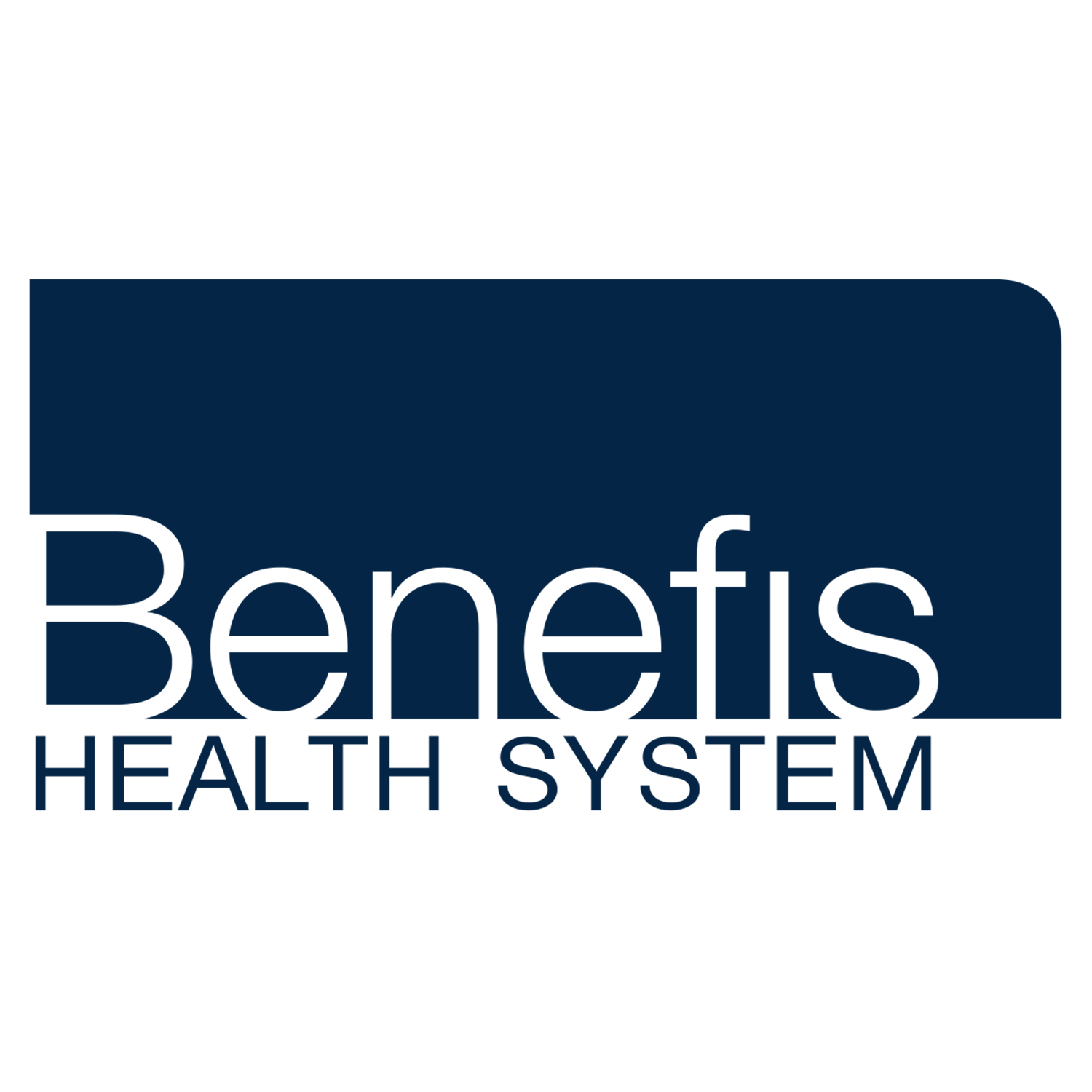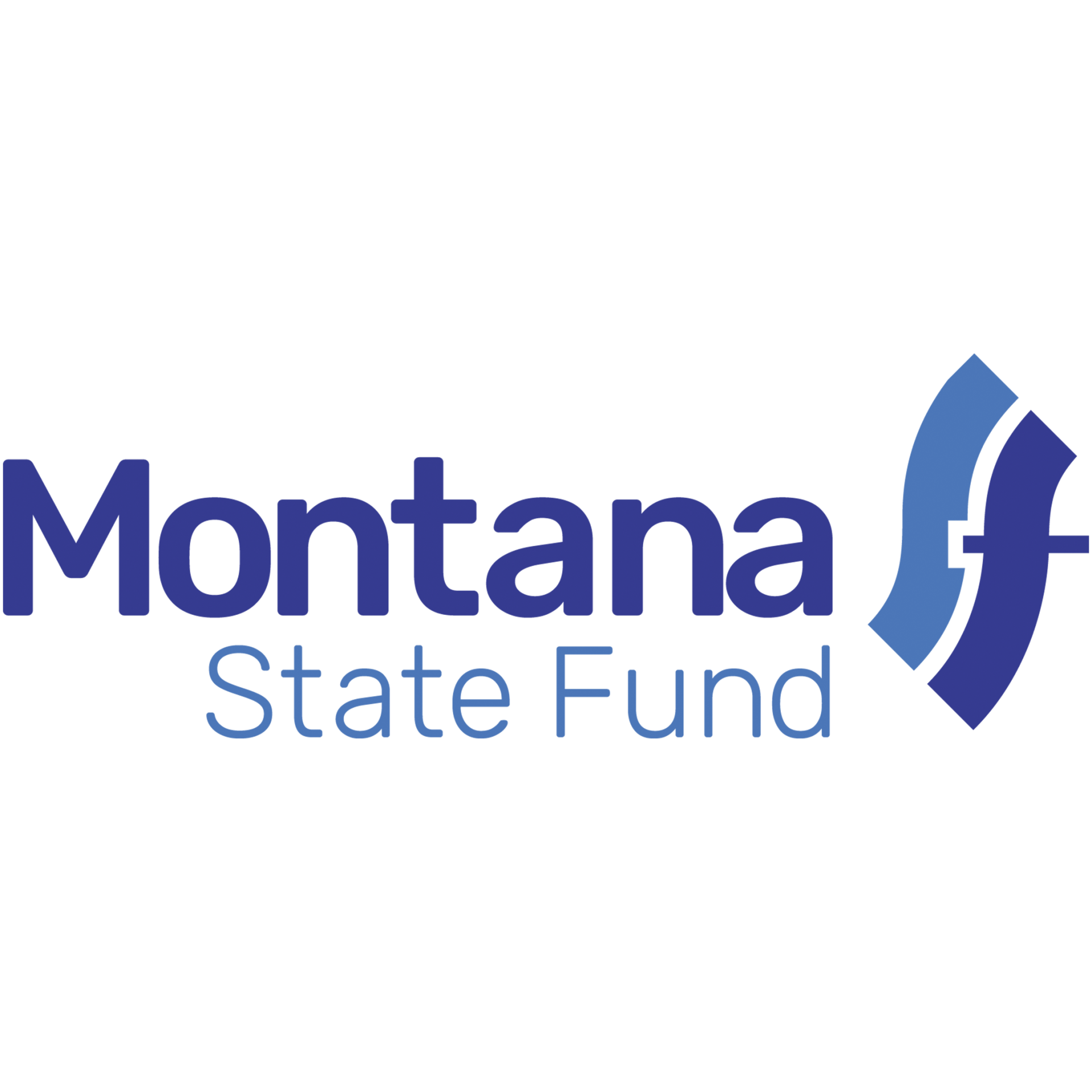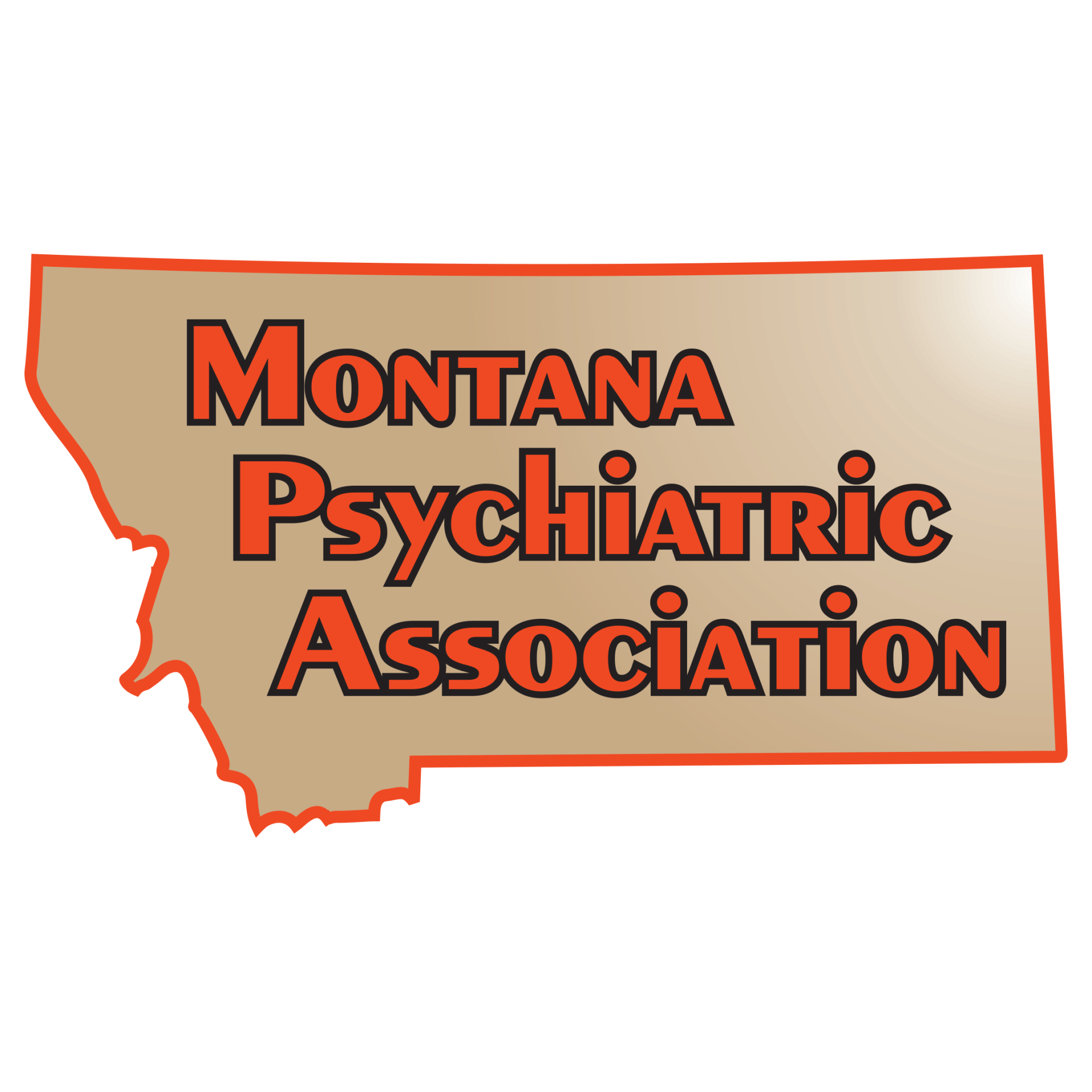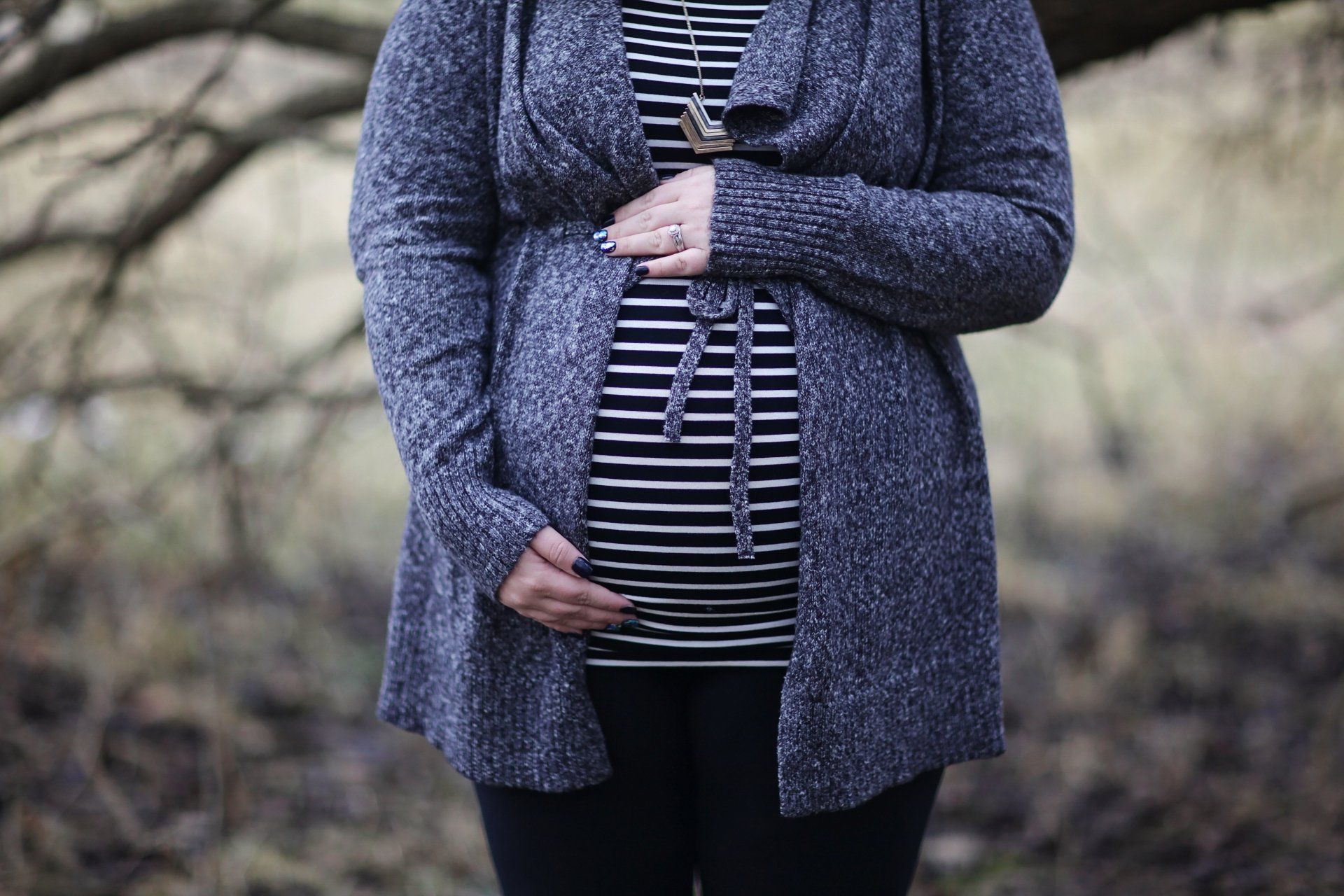2023 Montana Conference on Suicide Prevention
Suicide Prevention in Maternal
and Pediatric Care
Friday, July 28, 2023
Billings Hotel & Convention Center
Billings, Montana
Slide Deck download links have been added to the Agenda section.
About the Montana Conference on Suicide Prevention
The Montana Conference on Suicide Prevention (COSP) is a live, educational conference activity focused on addressing the significant mental health and public health issue of suicide in Montana and developing evidence-based, best practice skills for suicide prevention across multiple disciplines.
The Montana Conference on Suicide Prevention is the only annual statewide conference of its kind in Montana.
Hosted by the American Foundation for Suicide Prevention, Montana Chapter, this conference brings together advocates and professionals in learning about suicide prevention strategies in the state and across the nation and equips attendees with strategies in preventing suicide.
The conference is free and open to the public, but registration is required.
The target audience includes: advocates, psychiatrists and other physicians, psychologists, therapists, nurses, physician's assistants, and regular Montana citizens interested in preventing suicide.
Continuing Education Units are available to conference attendees at no charge.
Meet Our 2023 Speakers
Dr. Virna Little, PsyD, LCSW-r, SAP, CCM
Concert Health
Keynote Speaker
Dr. Virna Little is currently the Chief Clinical Officer and co-founder of Concert Health, a national organization providing behavioral health services to primary care providers and the co-founder of Zero Overdose, a not for profit addressing the national crisis of unintentional overdoses. She has a Doctoral degree in Psychology, a Masters in Social Work, a Master’s in Business Administration and Healthcare, is a Certified Care Manager (CCM) and a recognized Substance Abuse Professional (SAP).
Dr. Little is a nationally and internationally known speaker for her work in integrating primary care and behavioral health, developing sustainable integrated delivery systems and suicide prevention. She is a faculty member for the national and international Zero Suicide initiatives and has spoken on national suicide prevention strategies at the White House. Dr. Little is a consultant providing technical assistance to organizations and states around the country integrating primary care and behavioral health as well as an expert on the Collaborative Care model and the implementation of depression care programs. Dr. Little has been recognized with awards from the Society for Social Work Leaders in HealthCare, National Association of Social Workers, Community Health Center Network of New York, New York Suicide Prevention Committee and others. She has served on many boards including the New York Hudson Valley Chapter of the American Heart Association and the Association of Clinicians for the Underserved.
Publications include:
- Collaborative Care as an effective intervention for primary care patients at risk for suicide, August 2022, Journal of Health Care for the Poor and Underserved
- Commentary on substance use disorders and risk of suicide in a general US population: a case control study by Lynch et al., June 2020, Addiction Science & Clinical Practice
- The National Health Service Corps at 50: A Legacy of Impact in Partnership with The Association of Clinicians for the Underserved., May 2020, Journal of Healthcare for the Poor and Underserved
- COVID-19 Impact on Behavioral Health: Collaborative Care Is an Essential, Cost-Effective Solution, April 2020, The Chartis Group Publication
- Clinicians perceptions of telephone-delivered mental health services, Dec 6, 2019, Journal of Mental Health Training, Education and Practice
Additional Training Opportunity:
Dr. Little will also be working with the Montana DPHHS to present Suicide Safe Care Train the Trainer on Thursday (the day prior to the conference.) There are limited slots available and advanced registration is required. To learn more and get the link to register for this session, download this file.
Amy Stiffarm, cPhD, MPH
Healthy Mothers, Healthy Babies: the Montana Coalition
Featured Presenter & Panelist
Amy Stiffarm, cPhD, MPH is Aaniiih of the Fort Belknap Indian Community and also descends from the Cree and Blackfeet people of Montana. She is the mother of two daughters, Tahmya (8) and Kisiah (6). She is currently the Program Manager of Native American Initiatives at Healthy Mothers, Healthy Babies - MT. Amy is a Ph.D. Candidate in the Indigenous Health program at the University of North Dakota where she is studying perinatal mental health for Indigenous birthing people.
Dawn Gunderson
Healthy Mothers, Healthy Babies: the Montana Coalition
Featured Presenter
Dawn has a degree in Computer Applications Management. She has served as the coordinator of a behavioral health coalition for community education, prevention and resiliency. Her background also includes providing WIC services including nutrition and safety education, lactation support and referrals for moms and children up to age 5. She is excited to be working with partners invested in the overall health and wellness of Montana families.
Dr. Ariela Frieder
Frontier Psychiatry / PRISM for MOMS
Featured Presenter
Dr. Ariela Frieder is double board-certified in Adult Psychiatry and Consultation Liaison Psychiatry. She is originally from Argentina where she trained as an OBGYN. Upon arriving to the US, she completed her Residency in Adult Psychiatry and Fellowship in Consultation Liaison Psychiatry at Montefiore Medical Center/ Albert Einstein College of Medicine in the Bronx, NY.
Dr. Frieder's expertise is in women’s mental health. This includes emotional and psychological problems during the different stages of the woman’s reproductive life cycle such as pregnancy, postpartum, menopause, perinatal losses and infertility. Dr. Frieder previously served as the Director of Psychiatry at Long Island Jewish Forest Hills Hospital and as the Physician in Charge of the Perinatal Program at Zucker Hillside Hospital in NY.
Dr. Frieder has experience teaching and supervising residents, fellows and medical students. Her passion is helping women of reproductive age and their partners deal with mental illness and emotional problems associated to this particular time of their lives. She has presented in numerous conferences in this subject and authored articles in reference to perinatal psychiatry. She joined Frontier Psychiatry, a tele-psychiatry practice in Montana in May 2021. She is the Medical Director of PRISM for Moms.
Cynthia Otter, LCSW
Montana VA Healthcare System
Featured Presenter
Cynthia Otter, LCSW has been working in the field of social services since 1989. She has worked in supervisory, direct clinical, teaching, and case management roles for Acute Behavioral Health programs, Children's programs, Foster Care/Adoption agencies, State Hospitals, Co-occurring programs, University, and private practice. She is currently employed with the Montana VA Healthcare System in the role and position of Outpatient Therapist/Women's Mental Health Champion. Ms. Otter sits on various committees to include Fort Harrison's Behavioral Health Interdisciplinary Training Team and Women's Health Team. She enjoys supervising interns, advocating for women's needs, and providing direct Mental Health services to Veterans. She is honored to be in a role of collaboration and networking for mental health needs in her home state of Montana.
Trista Vonada, LCSW, PCIT-C
Featured Presenter
Trista Vonada specializes in Early Childhood. She is a Mental Health Consultant, Therapist and Pyramid Model Trainer and trains teachers on how to support the social emotional development of children in order to promote optimal mental health and prevent, identify, treat, and reduce the impact of mental health problems.
Jamie Knott, LCPC
Featured Presenter & Panelist
Jamie Knott, LCPC, is a Licensed Clinical Professional Counselor. She is a Mental Health Consultant who works to prevent, identify, treat, and reduce the impact of mental health problems among infants and young children. She has extensive training utilizing evidence-based practices to assist children with self-regulation, expressing and understanding emotions, problem-solving, and developing social relationships. She is a national trainer for Pyramid Model Consortium and trains Early Head Start and Head Start staff on evidenced-based practices for promoting young children’s social and emotional development.
Dr. Jessica Liddell MSW/MPH, PhD
University of Montana
Featured Presenter & Panelist
Dr. Jessica Liddell (she/her) is an Assistant Professor at the University of Montana School of Social Work. Her work focuses on pregnancy and childbirth, reproductive justice, community-engagement, and making healthcare systems more equitable. Her current research explores the use of doulas to improve perinatal health outcomes, especially for rural people, and those experiencing perinatal mood and anxiety disorders (PMADs). Her previous research explored the sexual and reproductive health experiences among Native American women in the Gulf South. Originally from Logan, Utah, Jessica completed her PhD at Tulane University, in New Orleans, Louisiana, in the interdisciplinary City, Culture and Community doctoral program.
Dr. Jennifer Preble, DSW, LCSW
Featured Presenter & Panelist
Jennifer was born and raised in Great Falls, MT. Jennifer completed her Bachelor of Science Degree at Montana Tech of The University of Montana. From there, Jennifer completed her Master's in Social Work from Walla Walla University, and recently completed her Doctorate in Social Work from Walla Walla University as well. Jennifer is now Licensed in the State of Montana as a Clinical Social Worker from the Montana Board of Professional Counselors and Social Workers.
Jennifer has spent years advocating for children and their families both professionally and personally as she is also a Licensed Foster/Adoptive Parent for the Department of Public Health and Human Services; Child and Family Services Division. Jen's clinical expertise is with children and adults suffering from mental illness using a variety of treatment modalities.
Jennifer spends her free time with her son and any other children who might be staying with them temporarily. Jennifer enjoys music, reading, the great outdoors of Montana, and scrapbooking.
John Tabb, MSW
Montana DPHHS
Featured Presenter
Suicide Prevention Program Manager at Montana Department of Public Health and Human Services
John Tabb retired four years ago from active duty with the US Army after a 30-year career. Since then, he has embarked on a second career as a social worker, recently earning his Master of Social Work degree and working in the area of suicide prevention. His areas of interest include veteran mental health and crisis management. John lives in Helena with his wife, Amy, and their five children.
Dennis Nyland
CIT Montana - Acting Executive Director
Featured Presenter
Dennis Nyland served in the U.S. Navy, works as an EMT for St. Peter’s Ambulance Service, was in law enforcement for many years, and currently appointed as the Montana Mental Health Ombudsman. During his time in law enforcement, he was instrumental in bringing the Crisis Intervention Team (CIT) to the State of Montana.
CIT Montana is based on the Crisis Intervention Team (CIT) Memphis model. Its purpose is to assist first responders (law enforcement officers, detention staff, dispatchers, EMS staff, fire department staff, etc.), Mental health professionals, and any other agencies/personnel involved in the community crisis system, in engaging, assessing, and assisting individuals in crisis with mental and/or co-occurring substance disorders.
Dennis is very involved in numerous CIT trainings, assisting in training many law enforcement officers regarding mental illness and in the deescalating skills required in crisis situations. Dennis is currently serving as the Acting Executive Director for CIT Montana.
Tracy Rassley
American Foundation for Suicide Prevention
Featured Presenter
American Foundation for Suicide Prevention
Programs Manager, Montana & Wyoming
Tracy Rassley is AFSP's Programs Manager for Montana and Wyoming. Prior to her role with AFSP, Tracy was a Paralegal for 24 years. She previously served on the AFSP Montana Chapter Board starting in 2016 following the death of her son by suicide in 2015.
Tracy has presented countless trainings of almost all available education programs and is certified as a Youth Mental Health First Aid Trainer. Tracy strives to provide education and awareness to as many individuals as possible; however, her passion for education is particularly strong for teens and college students.
Tracy is also a certified support group facilitator and has facilitated a Parents of Suicide Support Group since 2017. She is a certified volunteer for AFSP’s Healing Conversations Program, has served as the Montana Chapter Coordinator for the Loss and Healing Committee, and by extension Coordinator for the Loss and Healing Program.
Agenda
Morning Plenary Sessions
7:30 a.m.
Attendee Check-In
Check-in, grab some coffee, chat with the sponsors who are exhibiting, and catch up with friends.
8:00 a.m.
Opening Remarks
Brief introductions, cover AFSP details and set the stage for the day to come.
Keynote
Suicide Safer Care in Maternal Populations
Dr. Virna Little, PsyD, LCSW-r, SAP, CCM
This presentation will focus on providing suicide safer care to pre-natal and post-partum populations. Detailed discussions around risk factors and prevalence of suicide, best practices for caring for individuals at risk, and evidence-based strategies for saving lives.
Objectives
- Participants will understand prevalence and risk factors for suicide in maternal populations
- Participants will gain a good understanding of best practices for assessing risk and language to use to support creating a safe environment for someone at risk, as well as documentation.
- Participants will have a good understanding of quality safety planning and developing care pathways
Current State / Local Updates, Summaries & Resources
Healthy Mothers, Healthy Babies: the Montana Coalition
Amy Stiffarm, cPhD, MPH
DPHHS Updates / Governor's Challenge
John Tabb, MSW
Maternal Care Update
Carson Zeigler
VA Women's Health & ROSE Programs
Cynthia Otter, LCSW
CIT Montana
Dennis Nyland
10:15 a.m.
Break
Stretch your legs, grab a snack, visit the exhibitor tables.
10:30 a.m.
Panel / Q&A
Ask your questions of presenters who have spoken during the morning, and other experts who are presenting during the conference.
Moderator:
Dr. Jennifer Preble, DSW, LCSW
Panelists:
Dr. Virna Little, PsyD, LCSW-r, SAP, CCM
Amy Stiffarm, cPhD, MPH
Dr. Ariela Frieder, MD
John Tabb, MSW
Jamie Knott, LCPC
Carson Zeigler
11:50 a.m.
IMPACT Awards Presentation
AFSP Montana Chapter has selected 2 individuals who will be honored for their tireless efforts in Suicide Prevention in Montana and the IMPACT that their advocacy has had.
12:10 p.m.
Adjourn for Lunch on Your Own
80 minutes for lunch
Breakouts - Clinician Track
Suicide Safer Care: Skills to Care for Patients at Risk for Suicide
Dr. Virna Little, PsyD, LCSW-r, SAP, CCM
The United States has seen an increasing trend in suicide over the past few years. Healthcare providers are in a pivotal position to address suicidality and think critically about suicide prevention. This training will focus on equipping primary care providers and their teams with the knowledge to identify patients at risk, and the tools to assess and care for patients at risk for suicide during routine primary care.
Objectives
- Participants will learn best practices in identifying patients at risk for suicide
- Participants will learn how to accurately assess patients at risk for suicide
- Participants will learn the evidence-based intervention of safety planning
LIFTS in Indian Country: A Strength-Based Approach to Perinatal Mental Health Support
Amy Stiffarm, cPhD, MPH & Dawn Gunderson
Successful relationships between non-Native led organizations and tribal communities are crucial in mental health support and suicide prevention programming. However, blueprints of strategies that organizations have used to build these relationships are limited. This presentation will illustrate a collaborative strategy used by Healthy Mothers, Healthy Babies (HMHB) to inclusively conduct the LIFTS in Indian Country Project. The LIFTS Resource Guide is an online, statewide resource designed to help pregnant people and families with children aged 0-3 find resources, including mental health and substance use resources.
Utilizing a community-based participatory approach, HMHB worked intentionally with tribal communities in Montana to ensure that resources relevant to the reservations were included in LIFTS. Mental health programming with Indigenous Peoples requires unique considerations due to the difference in worldview and associated values compared to western intervention approaches. Including the knowledge and voices of community in projects and initiatives allows these unique considerations to be approached in a respectful, power-sharing way (Arambula-Soloman et al., 2014) (Wallerstein et al., 2017) (Held, 2019).
This presentation will outline the process and lessons learned along the way. This information will help other organizations who wish to work with Indigenous communities on mental health support programming. United States has seen an increasing trend in suicide over the past few years. Healthcare providers are in a pivotal position to address suicidality and think critically about suicide prevention. This training will focus on equipping primary care providers and their teams with the knowledge to identify patients at risk, and the tools to assess and care for patients at risk for suicide during routine primary care.
Perinatal Mood and Anxiety Disorders and Maternal Suicide
Dr. Ariela Frieder
Maternal suicide is a tragic and devastating condition with lasting impact on the family and the community. Suicide is the leading cause of maternal death in the first year postpartum, usually through violent means. The U.S. has the highest maternal death in the developed countries. Montana has one of the highest deaths by suicide in the country with unknown prevalence of maternal suicide. Perinatal Mood and Anxiety Disorders (PMADS) are prevalent and a leading cause of suicide (1 In 5 perinatal women). Identifying and treating PMADS in a timely manner can prevent maternal death by suicide.
In this presentation, we will discuss ways to improve current systems and services through:
- timely screening during pregnancy and postpartum for PMADS and suicidal ideation
- timely access to care with providers trained in treating PMADS in the perinatal period
- education of frontline providers in perinatal mental health
In addition, we will discuss the current processes in place to understand the impact of maternal suicide so that we may better treat and prevent PMADS and maternal suicide in the State of Montana through the state-funded perinatal teleconsultation line for frontline providers.
Breakouts - General Track
The Power of Fostering Social and Emotional Development in Early Childhood
Jamie Knott, LCPC & Trista Vonada, LCSW, PCIT-C
We will offer a perspective of prevention during the most critical years in early childhood. Social-emotional development in young children encompasses how young children feel about themselves, how they behave and how they relate to people close to them, such as caregivers, teachers, and peers. The term social-emotional development illustrates the importance of prevention and early intervention. There is strong evidence linking social-emotional health in the early childhood years (birth to 6) to subsequent school success and health in preteen and teen years, and to long term health and wellbeing in adulthood. Research also shows that effective programs that address social-emotional health early in life can promote resilience and actually prevent mental health problems later in life. We will explore the regulating effects of healthy relationships on the developing child and how it supports a child’s ability to express, recognize, and manage his or her emotions since we know various aspects of emotional dysregulation play a role in suicidal ideation and behavior. We will explore some of the research from Harvard’s Center of the Developing Child and link early social emotional development, along with ongoing social emotional skills, as a variable to decrease risk for adolescent suicide.
Exploring the Use of Doulas to Improve Perinatal Mood and Anxiety Disorder (PMAD) Outcomes in Rural Settings
Dr. Jessica L. Liddell MSW/MPH, PhD
Presentation co-authored by Annie Glover
Perinatal mood and anxiety disorders (PMADs) are the most frequently experienced childbirth complication and have adverse and intergenerational impacts on the physical and mental health of perinatal people and their families 1-3. PMADs are particularly common in rural populations who experience additional obstacles in accessing maternal and child health (MCH) and mental health services 4-7. Birth support doulas may be one way to address existing healthcare gaps and improve mental health outcomes, as well as additional MCH outcomes. This research uses community-based research methods to assess and explore the use of doulas to improve self-efficacy, social support, and maternal mental health outcomes for rural populations.
Semi-structured qualitative descriptive interviews were conducted with the following categories of participants: (a) women who self-identified as having previously experienced a perinatal mood and anxiety disorder (n =10); (b) healthcare providers (n=10); (c) women who have used doulas (n= 10); and (d) doulas (n =10).
ll sub-groups of interviewees felt that there is a need for increased PMAD-related resources, that rural perinatal populations experience unique challenges, and that doulas with the appropriate training are a promising way to meet current gaps in PMAD-related care in rural settings. Implications for training and providers are discussed.
Life after Loss: A Survivor's Story
Carson Zeigler
In this presentation Carson will share her journey to gain back the courage to live after a suicide attempt. She will recount her experiences such as leaving an unhealthy marriage, and fighting depression and substance abuse disorder while trying to be the best mother she could be. She will share the moments leading up to the event and how she turned her life around to advocate for those still suffering. Carson is a member of the Suicide Prevention Coalition of Yellowstone County and a Postpartum Support International coordinator.
4:30 p.m.
Short Wrap-Up, Survey Completion & Pick Up Certificates for CEUs / Contact Hours
We will pass out CEU / Contact Hours Certificates to attendees on your way out.
Ways to Stay Engaged
Feedback from Prior Years

"Excellent conference!! Very informative!!!"
MashIt
"Very well done. Looking forward to next year. Looking forward to utilizing resources"
FabuFit
"It was a wonderful experience and I look forward to next year "
YesSuits
"Great heart driven presenters"
Button
"Since my attendance in 2014 this may have been the best yet. It reflected much of the progress Montana has made with suicide prevention and made clear the necessary directions going forward. SUPERIOR!!"
Write your caption hereButton
USEFUL LINKS
CONTACT US
Event Committee
montanacosp@gmail.com
Katie Levine, AFSP Montana Executive Director
406-531-4728
klevine@afsp.org
Chapter Mailing Address:
4715 Potter Park Loop
Missoula, MT 59808
